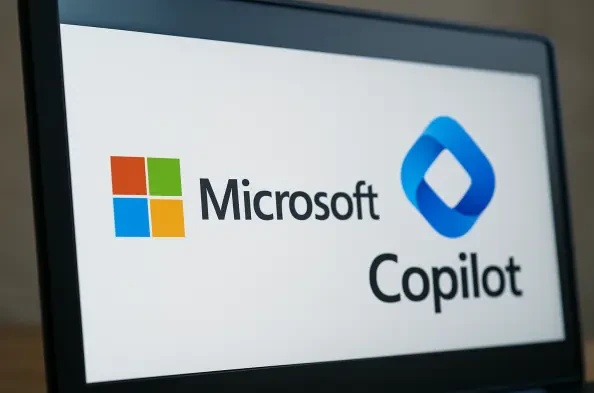The ever-growing need for seamless AI integrations in enterprise systems has driven companies to innovate at an unprecedented pace. As organizations strive for enhanced productivity and operational efficiency, Microsoft’s Copilot APIs emerge as a pivotal solution. These APIs are designed to harness the power of AI within Microsoft’s ecosystem, positioning companies to meet complex data needs while seamlessly embedding AI functionalities into their workflows.
Feature Analysis and Technological Advancements
The Microsoft Copilot APIs, rooted in the Microsoft 365 environment, deliver a robust framework that allows enterprises to integrate AI features securely and efficiently. One of the standout features is the Retrieval API, which provides a sophisticated method for extracting relevant content from vast data repositories with remarkable accuracy. By leveraging Microsoft’s semantic index, it simplifies the extraction process, making it a valuable asset for operations that demand high data fidelity, such as legal compliance and sales forecasts.
Equally crucial is the Interactions API, which not only offers advanced scrutiny of user interactions but also enhances compliance measures within the enterprise environment. By analyzing user prompts and responses, this API empowers organizations to establish controlled data use practices, thereby reinforcing security and accuracy. Its application is particularly advantageous in collaborative settings, such as Teams, by enabling the creation of comprehensive prompt libraries while simultaneously ensuring compliance.
Recent Trends and Applications
Microsoft’s platform-centric approach is steering current trends, placing emphasis on AI that scales from individual productivity tools to large-scale business automation. The broader enterprise focus is evident in applications across various sectors from healthcare to finance, where the APIs help drive efficiency and strategic insights. Noteworthy applications include legal and compliance frameworks where AI-driven data management is critical, showcasing the versatility and strength of Copilot APIs.
The integration of structured and unstructured data is a uniquely transformative capability. Tools such as Microsoft’s Graph SDK enhance API request processing and data usage analytics, fostering a holistic data environment. Developers benefit from features like JSON batching, which amalgamates diverse queries, thus streamlining operations across various data types and sources.
Addressing Challenges and Future Outlook
While Microsoft Copilot APIs present numerous advantages, challenges remain. The intricacies of data governance and the need for regulatory compliance pose ongoing obstacles that could affect widespread adoption. Microsoft is actively working to address these factors by improving data security measures and refining its AI transparency practices to adapt to evolving market needs.
The future outlook for Microsoft’s Copilot APIs suggests continued innovation with potential breakthroughs on the horizon. The evolution toward a more comprehensive enterprise solution reflects Microsoft’s commitment to embedding AI in business processes, positioning organizations to leverage these technological advancements for competitive advantage.
Conclusion: Implications and Strategic Directions
The exploration of Microsoft Copilot APIs highlights their transformative potential in AI integration within enterprise systems. These technologies have already demonstrated substantial impact, allowing businesses to collect, manage, and utilize data more effectively. Moving forward, companies should consider incorporating these APIs to enhance their strategic operations, ensuring they remain at the forefront of AI-driven decision-making. This strategic alignment not only empowers productivity but fosters a more interconnected approach to knowledge management, ultimately reshaping the landscape of enterprise solutions.






